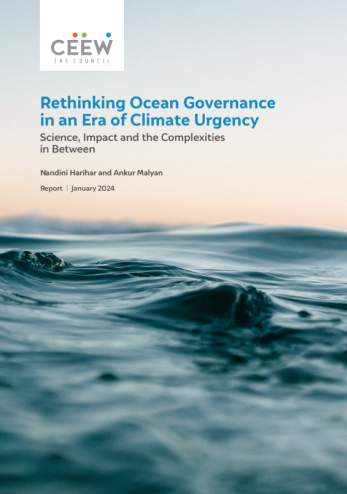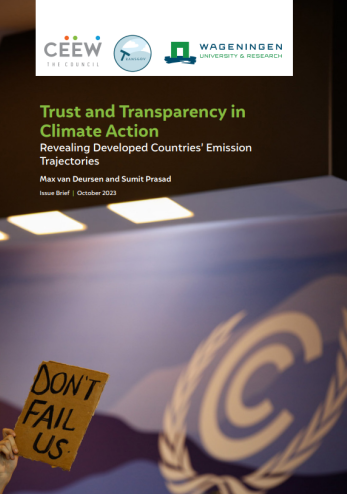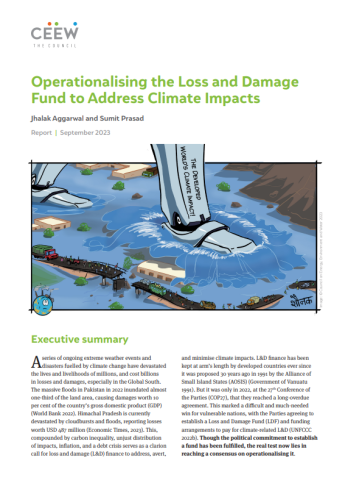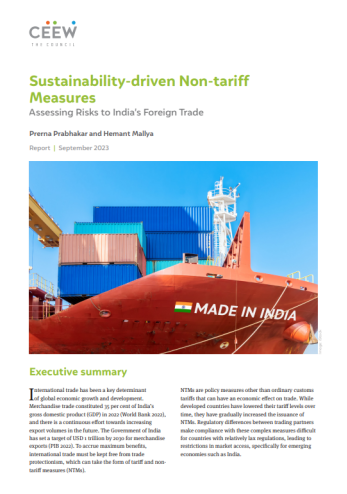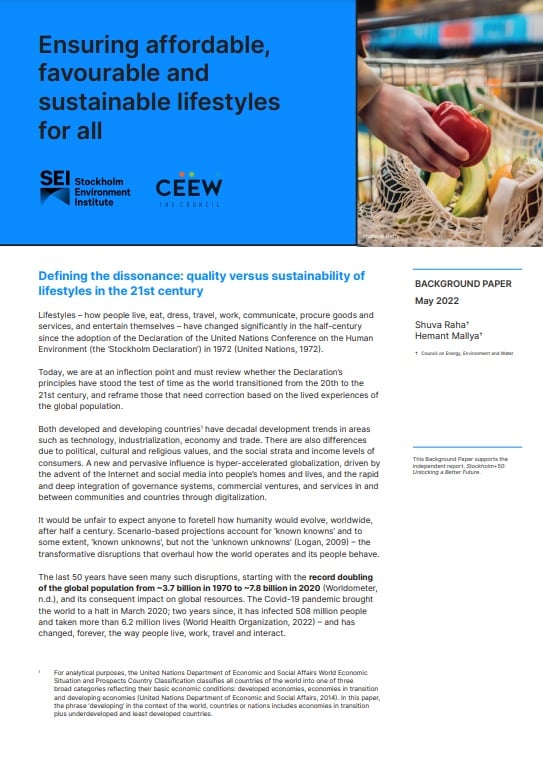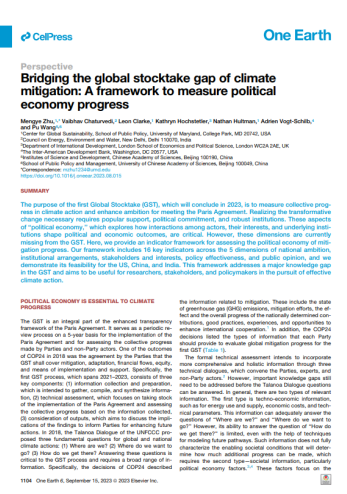Paper
Ensuring Affordable, Favourable and Sustainable Lifestyles for All
Shuva Raha and Hemant Mallya
May 2022 | International Cooperation
Mallya, Hemant and Shuva Raha. 2022. Ensuring Affordable, Favourable and Sustainable Lifestyles for All. Stockholm+50 background paper series. Stockholm Environment Institute, Stockholm.
Overview
This study, in collaboration with the Stockholm Environment Institute, re-examines ideas about global lifestyles and their ecological impact on different developing countries. Using available data on the consumption of natural resources, it attempts to bring out correlations between lifestyles in developed countries with their ecological footprint and shifts back the focus of lifestyles from individual choices to larger, structural issues.
The study notes that while there has been international progress, there has also been destruction, mostly by developed nations. The study thus calls for a radical rethinking of ideas of sustainability and equity in order to break through the deadlock of development and resulting degradation. Finally, it suggests a myriad of global and national solutions that can be deployed in order to ensure climate justice while combating the issues at hand.
Key Highlights
- Hyper-accelerated globalisation due to deep internet penetration and integration of systems and services between countries and communities has expedited the process of development of technology, industries, economy and trade. Thus, here is a socio-economic risk of a few nations exhausting resources.
- There is a stark difference in the median quality of life between that of the developed countries and those that are still developing. It appears evident in the ‘Economic Situation and Prospects’ of the different nations which focuses on the average consumption and lifestyle differences between such nations.
- It is observed that the emergence of unsustainable lifestyles has a lot to do with the human tendency to constantly discover, invent, create and advance to achieve comfort, affluence, sustenance and supremacy over political and social competitors.
- The amount of waste that is being generated would require 1.7 earths to sustain. Per capita emissions between developed and developing nations also witness a great difference.
- There is also an inequity in the emissions by different individuals from different socio-economic groups. The rich 10 per cent of the population has emitted around 52 per cent of the global carbon emissions between 1990 and 2015.
- The global parameters and rules deciding the drivers of prosperity, environmental damage and decay must not be universal and should be subject to the development levels in different nations. It stands relevant because while underdevelopment is causing climate challenges in the developing countries, industrialisation and technological development lead to decay in the developed countries.
Key Recommendations
- Create initiatives towards sustainable lifestyles at the national level that are focused on being equitable, affordable and desirable. They must also be of greater utility for all sections within a country.
- Develop solutions that are easier to comprehend so that all demographies adopt and sustain through these. Governments and industries should cooperate with each other as well as with civil societies to identify any scope for constructive changes.
- Promote global trends of sustainability that dive back into cultural and historical ways of sustainable living like Yoga, Fika,Ikigai and minimalism.
- Redefine aspirational lifestyles on a global scale through exemplary actions that could be led by the developed economies. Measure and manage sovereign consumption of resources instead of expecting and imposing individual choice alternatives.
- Create a globally accepted Green GDP through efforts to integrate environmental, social and governance norms with growth-and-consumption related finance. There is also a need for developing a global, equitable, rules-based framework to regulate the adverse impacts of the current consumption and exploitation of resources.
- Define a global budget of resources to address the need to protect depleting resources by defining per capita resource space by multilateral consensus. A Conference of Parties on Utilisation of Resources (CoP-UR should be able to define essential needs, lifestyle-level consumption and priorities around national security and demand accountability from and censure countries breaching the set methods.
The share of greenhouse gas emissions is sharply skewed: the top 10 countries emit over two thirds of the total emissions (the United States, European Union and China together emit 41.5 per cent), while the bottom 100 countries emit only per cent.




